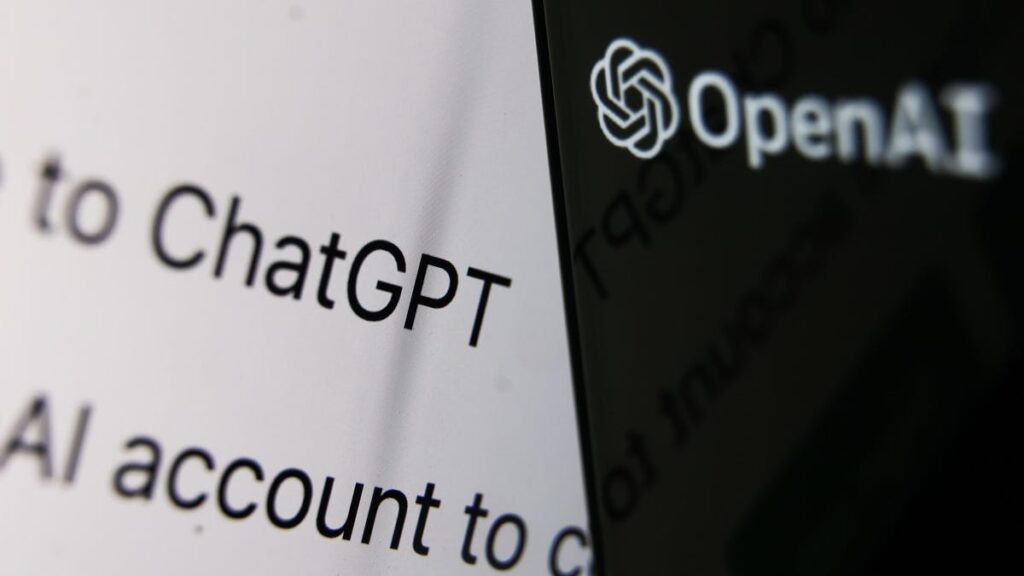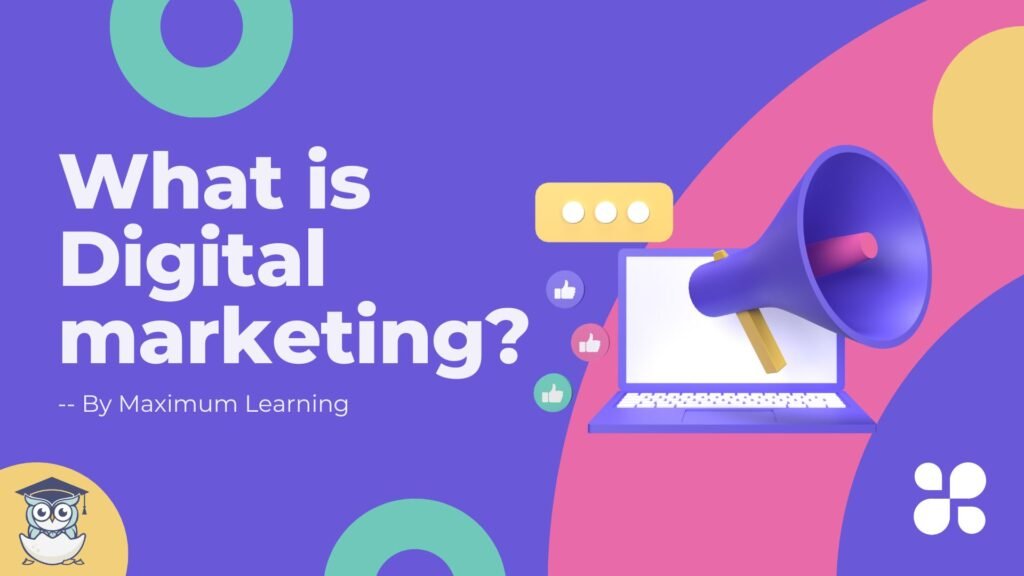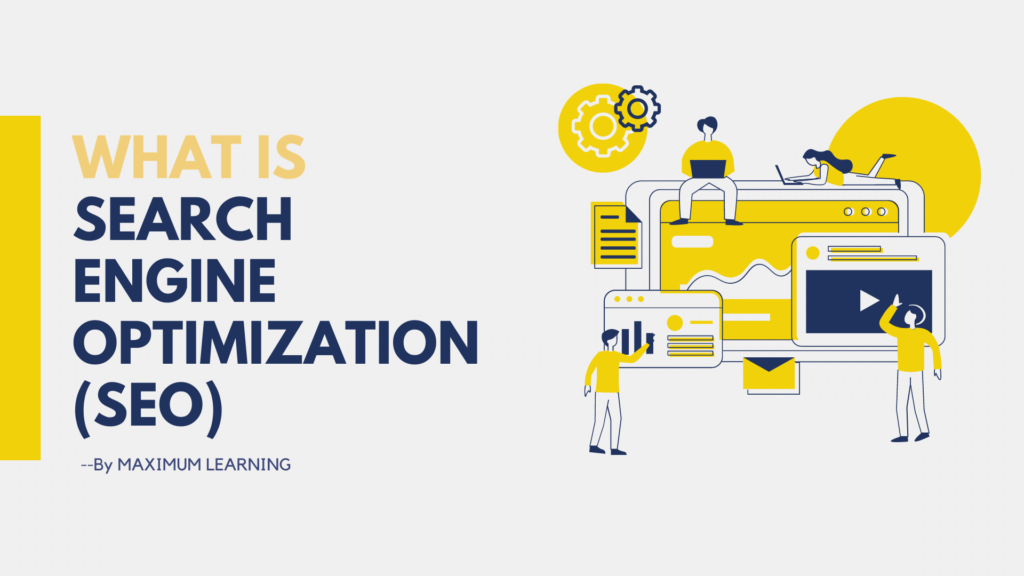When asked this week how much the OpenAI firm behind ChatGPT is worth, the clever, chatty, and occasionally manic chatbot responded, “It is likely that its worth is in the hundreds of millions of dollars, if not more.”
Microsoft is reportedly considering a $10 billion investment in OpenAI in addition to a $1 billion commitment made previously. This is despite the fact that neither ChatGPT nor other AI models developed by OpenAI have yet to generate large sums of money. OpenAI has created a number of amazing and captivating demos and is the brains behind Microsoft’s GitHub’s well-liked autocomplete feature for programmers. However, despite the hoopla that surrounds its technology, the startup hasn’t developed a game-changing, extremely profitable product or business.
According to James Cham, a partner at the investment firm Bloomberg Beta, “We don’t really know what ChatGPT is going to be great at.” However, Cham shares the opinion of many VCs and entrepreneurs that the technology underlying the bot will pay off handsomely, even though the path to financial success of the bot may not be obvious. A surge in interest in “generative AI,” which refers to algorithms that can produce text, photos, or other data, is largely due to OpenAI’s technology.
Cham likens the current state of affairs to the early days of the internet, when certain obscure yet moving demos turned out to be the precursor to a major shift in how software, IT firms, and society at large operated. Although there have been many excellent AI demonstrations over the years, Cham claims that ChatGPT is the only one where recipients are genuinely enthusiastic about the potential.
When it was unveiled in December 2022, OpenAI’s chatbot shook up the internet with its astonishing ability to respond to queries and pull off tricks like writing largely logical essays, creating functional computer code, and pondering the meaning of existence. It is driven by GPT-3, a text-generation algorithm created by OpenAI that has been trained to answer queries after being fed massive amounts of text from the web and other sources.
Some programmers were so motivated by ChatGPT that they employed it right away to make apps like a spreadsheet assistant that could carry out complicated computations in response to a straightforward typed request.
However, because of the way ChatGPT operates—finding statistical patterns in text rather than equating words with meaning—it frequently invents data, misinterprets instructions, and displays biases found in its training data. This will probably make it more difficult to deploy technology generally, for instance by incorporating inaccurate or biassed information into search results.
The idea that ChatGPT could end the long-standing hegemony of Google and other internet giants by enabling tiny businesses to outcompete much larger rivals is one of the reasons why the tech world is so excited about it, fuelled by its parlour tricks. One prevailing idea holds that the bot might alter web search.
If there is a disruptive AI moment, Microsoft could assure that it is not just uninjured but also well-positioned to profit by investing more in OpenAI. While there is a lot of buzz around generative AI, according to Nathan Benaich, an investor with Air Street Capital who follows AI developments, there are numerous ways that Microsoft might leverage the technology to enhance its products.
Numerous potential prospects are presented by the company’s extensive and diverse product portfolio, which ranges from consumer products and software to corporate and cloud services. Microsoft currently utilises ChatGPT’s technology to automatically generate code snippets in its Visual Studio software, and it is apparently considering utilising ChatGPT to boost the efficiency of Bing, its sluggish search engine.
The surface—the application space—that Microsoft has with all of its clients is simply enormous, according to Benaich. He claims that given the possible rewards, $10 billion is not a sizable figure for Microsoft, a business with an estimated value of $1.7 trillion. According to Semafor, the investment would value OpenAI at $29 billion.
Microsoft may view OpenAI as a chance to catch up, according to David Yoffie, a professor at Harvard Business School who studies the business strategies of major tech companies. According to him, the bigger corporation is behind Google and other companies in terms of cutting-edge AI research. According to Yoffie, “More work is required, which is why the investment is necessary. The funds they are investing could hasten OpenAI’s progress toward commercial viability.
In a contract that required the artificial intelligence business to use its cloud computing infrastructure, Microsoft invested $1 billion in OpenAI in 2019. Supporting OpenAI could help Microsoft achieve its goals of gaining a bigger portion of the cloud computing industry because products like ChatGPT require a lot of computational power and training data. Microsoft may be able to create more potent cloud technologies by responding to OpenAI’s cutting-edge needs. Amazon held 40% of the cloud business in 2021, compared to Microsoft’s 15% and Google’s 6%, despite Google being largely regarded as the leader in artificial intelligence.
OpenAI is freer to experiment with generative AI than many larger companies, according to Amber Yang, another investor at Bloomberg Beta who focuses on AI firms, who claims that these organisations may be concerned about negative PR if or when AI models misbehave. They can act, think, and move more like a startup, she claims, whereas Google is more constrained by its need to appear flawless. According to Yang, Microsoft can gain from this. The giant’s partnership with the upstart enables it to profit from its risk-taking while keeping a practical distance.
Uncertain conditions of Microsoft’s proposed new investment in OpenAI may see the larger business receiving 75% of OpenAI’s income up until the investment is returned, according to Semafor. After that, it would still control 49 percent of OpenAI, while other investors would own another 49 percent and the parent organisation of OpenAI would own 2 percent. A previous article in The Wall Street Journal reveals that a number of investment firms are also considering holding shares of OpenAI.
It may not be a coincidence that OpenAI is seeking funding at the same time as ChatGPT is the focus of the growing generative AI hype, but before many people have attempted to create businesses using the technology.
According to Mike Volpi, a partner at Index Ventures and investor in the startup Cohere.ai, which competes with OpenAI on language models, “OpenAI has done a fantastic job of marketing and developing demo-ware.” He argues there is still much to be determined about the commercial potential of this technology and is less optimistic about the trend than some other investors. How distinctive the models created by OpenAI or other businesses will be is one unanswered question. Another is if the challenge of getting models to act consistently can be overcome. According to Volpi, “you have to carefully strike a balance between what it can accomplish now and what people hope it will do.”
Some seasoned IT business owners are similarly circumspect. Though he is a major believer of AI, Phil Libin, who served as CEO of the note-taking software Evernote from 2007 to 2015, is leery about the current AI craze. To get these AI models to truly deliver on the promise that people believe they would, he argues, “a tremendous amount of work will be required.”
Libin anticipates difficult technical obstacles as well. One is that ChatGPT and other generative AI models now produce text and images on the internet by scraping content provided by people. However, this practise is changing. He claims that all of these models are poised to destroy their own training set. “A tsunami of crap is coming to flood us.”




